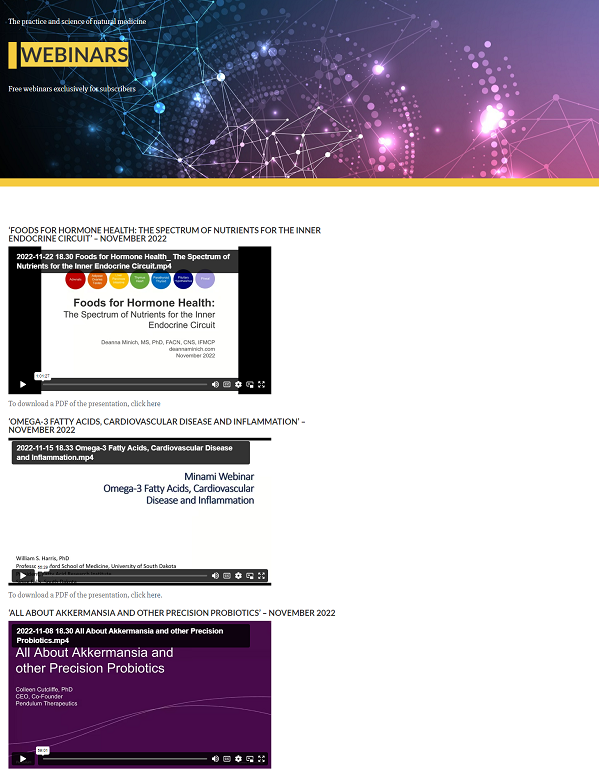Integrative Health &
Applied Nutrition
magazine (IHCAN)
Integrative Health &
Applied Nutrition
magazine (IHCAN)
Great news!
We’re CPD accredited!
We know how important CPD is to our readers, that’s why we’re delighted that reading IHCAN counts towards your self-certified CPD with BANT, the NNA and the ANP.
There’s CPD and there’s IHCAN CPD. Feel the difference.
Editor’s note – March 2026
The finding that niacin improves survival from glioblastoma, a deadly form of brain cancer, is just one of many reports in this issue showing that more and more researchers are getting interested in diet and supplements.
Neuroscientist Prof Wee Yong of the University of Calgary and his team have discovered that niacin rejuvenates immune cells so they can do what they are supposed to do – attack and kill cancer cells.
Our cover story highlights the biological reasons behind what has been called an “unprecedented decline in human fertility”. Policy-makers are ignoring micronutrient deficiencies and the sustained exposure to endocrine-disrupting chemicals linked to reduced fertility. We show how the research identifies common shortfalls in folate, vitamin D, iodine, iron, selenium, zinc and antioxidants, and highlight studies on resveratrol, CoQ10, vitamin C and selenium. We feature embryologist Gemma Fabozzi and colleagues, who affirm that “Increasing evidence on the significance of nutrition in reproduction is emerging from both animal and human studies, suggesting a mutual association between nutrition and female fertility”.
In our news and research reports you’ll find more evidence for the use of specific nutrients alongside dietary interventions, notably vitamin D in potentially fatal respiratory tract infections; B1- unexpectedly – in constipation and IBS; a shout-out for avocado and mango; and key findings on intermittent fasting and keto.
We’re also criticising the largest study of vegetarian diets and cancer to date, which has again lumped processed meat in with red meat in another bid to show plant-based diets are superior. Unfortunately, it turns out that a vegan diet increases risk of colorectal cancer.
As ever fully referenced, IHCAN keeps you up to date with the research that matters. However, when it comes to putting new knowledge into practice – as with the overlooked findings about lactate and liver health we address in this issue – we all need help. MIKE ASH explains how AI moves easily from a reference tool to becoming your clinical partner – but it must be role-specific, not a generic Chat GPT-form of “assistant”.
What’s included with your subscription…
 Buy a subscription and we plant a tree
Buy a subscription and we plant a tree
We care deeply about the planet and creating a business that gives back to nature.
That’s why we’ve partnered with One Tree Planted to plant a tree on your behalf, as a thank you for subscribing.
Trees clean our air and water, create habitats for biodiversity, contribute to our health and wellbeing, and create jobs for social impact.
 Buy a subscription and we plant a tree
Buy a subscription and we plant a tree
We care deeply about the planet and creating a business that gives back to nature.
That’s why we’ve partnered with One Tree Planted to plant a tree on your behalf, as a thank you for subscribing.
Trees clean our air and water, create habitats for biodiversity, contribute to our health and wellbeing, and create jobs for social impact.

“I consider IHCAN magazine to be a good reference source because the authors
are reputable, sound-thinking experienced clinicians. I read it to keep
up-to-date with current trends. Keep up the good work!”
Susan Farrer
We’re always fully referenced
We don’t put a big emphasis on being “evidence based” in the conventional sense, mainly because the bulk of the evidence used in meta analyses and systematic reviews and to produce “guidelines” is not to be trusted. As Prof Richard David Feinman puts it, the meta-analysis is the “most dangerous” activity plaguing modern medical literature. And RCTs are of no use in assessing complex conditions that we address with multiple interventions – such as Dr Dale Bredesen’s Alzheimer’s protocol. Likewise, we highly value the hard-won clinical experience of multiple practitioners accumulated over the years and handed down over generations of evolving natural medicine practice. That said, we do put a lot of effort into referencing our features. References are online to save space, available within our members area.

We’re always fully referenced
We don’t put a big emphasis on being “evidence based” in the conventional sense, mainly because the bulk of the evidence used in meta analyses and systematic reviews and to produce “guidelines” is not to be trusted. As Prof Richard David Feinman puts it, the meta-analysis is the “most dangerous” activity plaguing modern medical literature. And RCTs are of no use in assessing complex conditions that we address with multiple interventions – such as Dr Dale Bredesen’s Alzheimer’s protocol. Likewise, we highly value the hard-won clinical experience of multiple practitioners accumulated over the years and handed down over generations of evolving natural medicine practice. That said, we do put a lot of effort into referencing our features. References are online to save space, available within our members area.

START YOUR SUBSCRIPTION TODAY
Whether you prefer print or digital subscriptions, we’ve got you covered. And remember, ALL subscriptions include access to all the references,
an archive of searchable back issues stretching back to 2014 and lots of free webinars.




Contact us
Target Publishing Ltd
The Old Dairy Hudsons Farm Fieldgate Lane
Ugley Green
CM22 6HJ
UK
Tel. 01279 810080
Email. info@targetpublishing.com
WhatsApp. 07457 405049
Quick Links
Subscribe
Advertise with us
Log In
IHCAN Conferences (online education)
IHCAN Summit (live in-person events)
References
Contact us






















